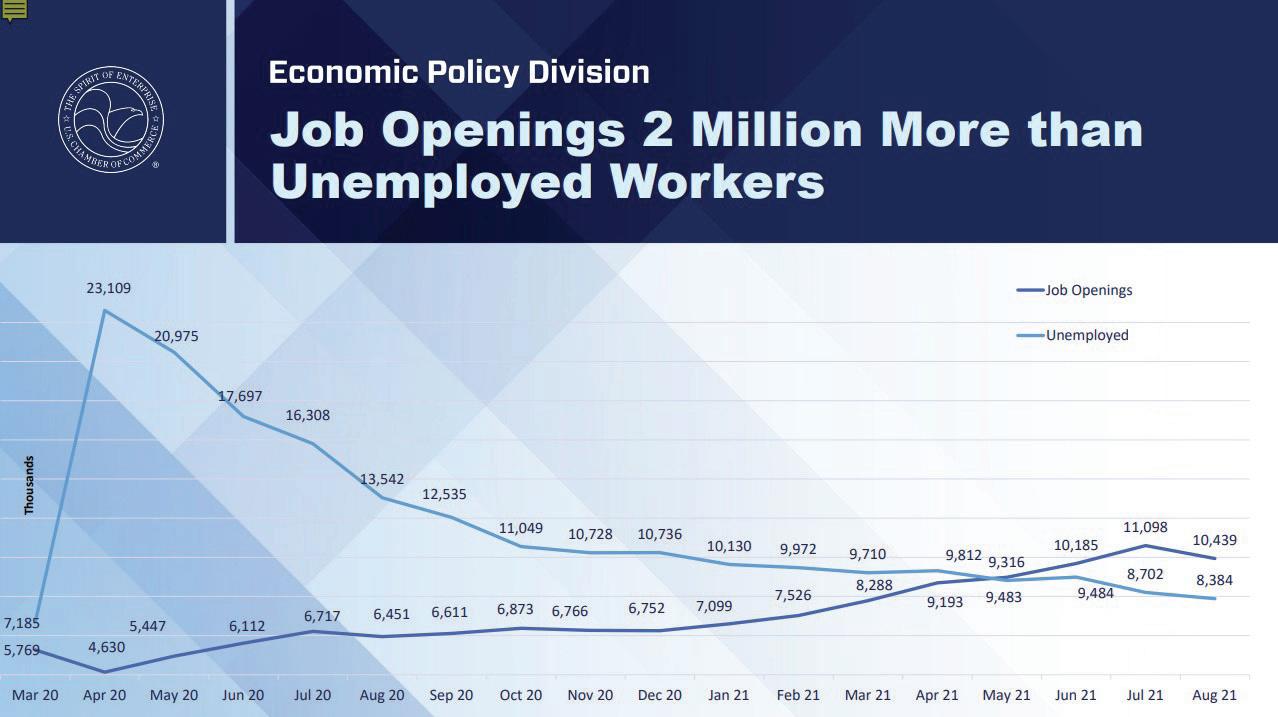
4 minute read
Why Legacy Giving is Important
NEW Longview Community Foundation
KRISTEN ISHIHARA Attorney, Ross & Shoalmire Since 2011 the chamber has championed taking key stakeholders from our community on InterCity Trips. Seeds have been planted and so many have taken root in our community ranging from the Animal Shelter to a 104+million bond election to
the Arts!Longview Cultural District. On each trip we hear about the important roles of charity and philanthropy. Each has its place, yet we found in each community we have visited philanthropy is a critical component for successful and sustainable community and economic development.
HOW TO MAKE GIFTS TO CHARITY A PART OF YOUR LEGACY
Clients often have charitable goals they want to accomplish – perhaps lifetime gifts to their church, or a gift made in their Last Will & Testament to their favorite non-profit charity. With the right professional guidance, you too can create a meaningful charitable legacy while lowering your taxable income during your life as well as estate taxes at your death. A true Win-Win.
What First? First, consider what charitable causes are important to you and your family. Second, consider what assets you would consider making charitable gifts from. And lastly, determine how to make the gift and implement a plan. Following are some plans to consider, after consulting your estate planning attorney.
Use Your Retirement Accounts During your
As we build a community for future generations, we need a community foundation in place so it can become a powerful catalytic force for change. We need a community foundation so companies and individuals can customize their giving program and know their legacy will have a positive impact. That is why a group of volunteers have come together to form the Longview Community Foundation. “We are definitely, in our infancy.” stated Kristen Ishihara, an attorney with Ross & Shoalmire, P.L.L.C.
Status of the Longview Community Foundation: Paperwork has been filed, teams are researching different types of foundational structures, and donors are being secured and cultivated. There is still much that needs to be put into place for a successful public launch. It is critical that the organizational structure is in place so donors are confident that funds will be used to impact our community for generations to come.
Part of the process includes helping our community understand the difference between charity and philanthropy. Charity focuses on providing immediate relief to people and is often driven by emotions, while philanthropy is focused on helping people and solving their problemsover the long-term. Philanthropy is a more strategic process of giving that seeks to identity the root causes of systemic issues. We also want to encourage corporate philanthropy. Corporate philanthropy fosters employee engagement and generates business value. When businesses participate in corporate philanthropy, they are creating a positive public image for themselves, enhancing their relationships with consumers, and creative a positive work environment.
The role of the chamber is to plant seeds and influence actions that leads people and leads prosperity. We believe having a community foundation will help Longview become more strategic and intentional to become the community of choice to Live.Work.Play.
Lifetime: At age 72, the IRS requires you to take Required Minimum Distributions (RMDs) each year from your tax-deferred retirement accounts. Consider using a Qualified Charitable Distribution (QCD) to reduce your taxable income for the year and to support your favorite charity at the same time! A QCD Whatever your charitable goals, there is a is a direct transfer of funds from your IRA, tool to meet your needs that will create a payable directly to the non-profit charity. Amounts distributed as a QCD can be counted lasting legacy for you and your family. toward satisfying your RMD for the year, up to $100,000 and the QCD is excluded from your taxable income. This is not the case with a regular withdrawal from an IRA, even if you use the money to make a charitable contribution later on. Use Your Retirement Accounts at Death: You can benefit a charity and your family by creating a Charitable Remainder Trust (“CRT”) and naming the Trust as the beneficiary of your retirement account. The CRT is tax exempt during its existence and will not pay any income taxes to receive the funds. The CRT will pay taxable income during lifetime to one or more beneficiaries and the remainder of the funds belong to the non-profit charity. A CRT may be used for other assets, specifically appreciating assets where taxable gain or income is of concern. Bequest in Your Will: A bequest is a specific gift written into your Last Will & Testament, or in your Revocable Living Trust, that identifies the specific charity and the amount you wish them to receive. Private Family Foundation: For families with a desire to leave a lasting legacy, a private family foundation can last for generations supporting qualified non-profit charities and teaching future generations the importance of being charitable. Private Foundations is managed by a board of directors and is required by law to distribute a minimum of 5% of their assets annually and have annual reporting requirements. Community Foundation/ Donor Advised Fund: Gifts to a Donor Advised
Contact us at Ross & Shoalmire today to discuss your options.
Fund (“DAF”) are immediately tax deductible to the donor and grow tax free. The Donor retains the authority to direct grants to charities, subject to approval from the charity, over the course of the Fund’s life. The administrative requirements are handled by the charity administering the fund, often a Community Foundation.







